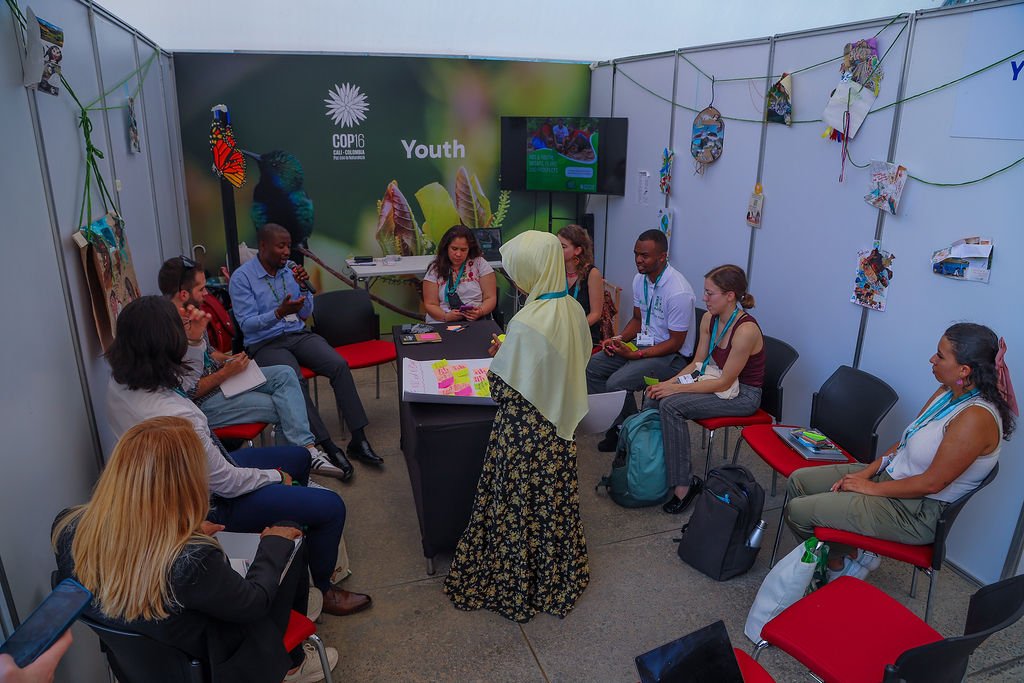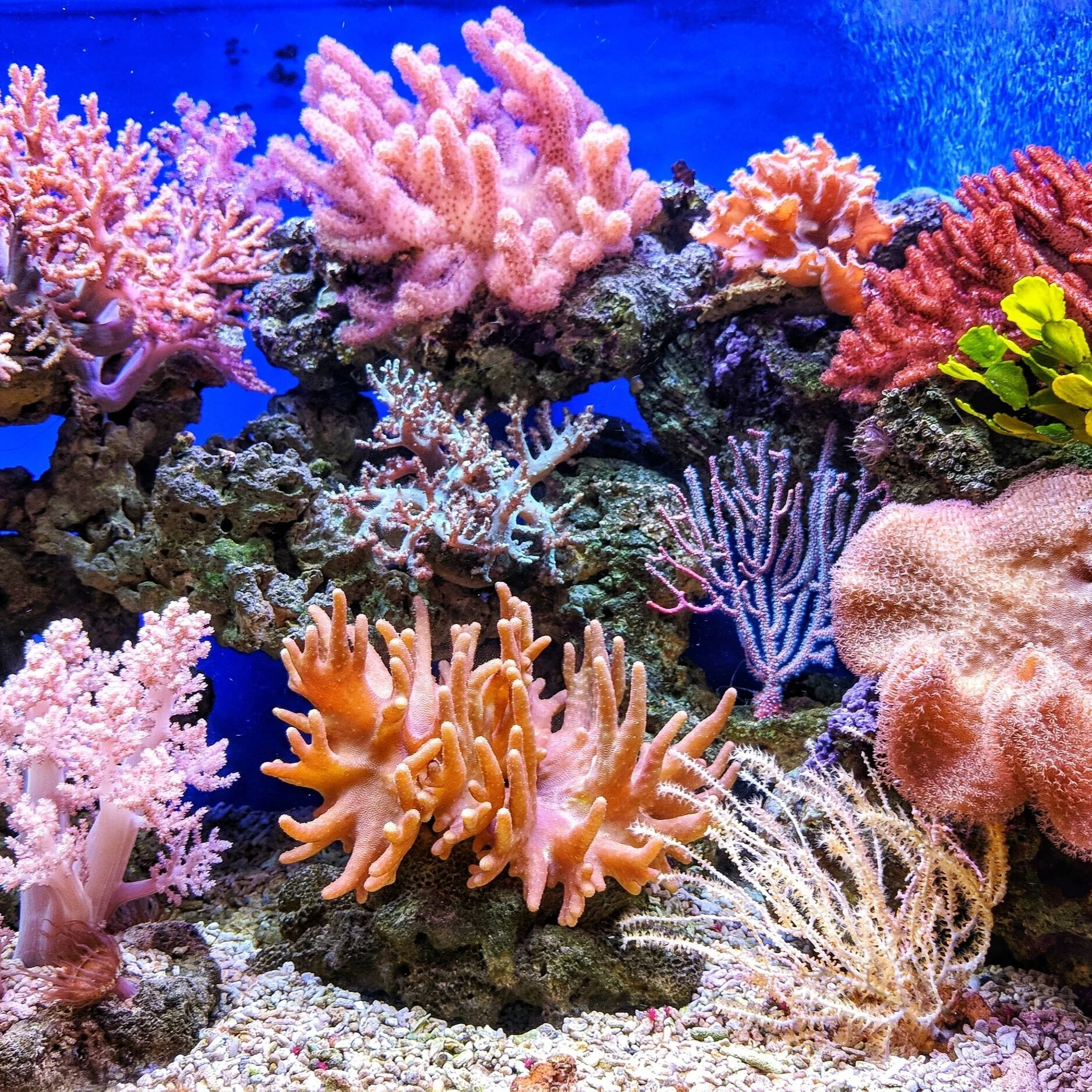Colombia protests for democracy: understanding its connection with nature & how to support
The anti-government protests in Colombia started on April 28th and are now entering their 3rd week. It all started with the announcement of an unpopular tax reform by President Ivan Duque. The law would drastically affect the working class, expanding taxes to citizens, business owners, food and sales. After an incredibly challenging year for many due to COVID-19, the demonstrations were huge. On May 2nd, after 5 days of violence in the streets across the country…
Young, Leading and Inspiring
On the shores of Lake Victoria, Michelle and her younger brother Jeremy set out to co-found Bring Back the L.Victoria. With a vision to restore the lake to it’s pristine condition, Bring Back L.Victoria started as a campaign to rid the lake ecosystem of plastic waste and to create a thriving haven for biodiversity and communities once again. On our April edition of the #Y4NSpotlightSeries, we hosted a
Reflections from the IUCN Global Youth Summit: Nature, Climate & Youth Engagement within the Private Sector
Stepping into our intergenerational and cross-sector discussion on the private sector’s engagement with youth and for climate and nature, it was clear that there are many conflicting opinions and dichotomous understandings. Before we introduced our speakers, we asked the audience to share what words come to mind when they think about private sector and nature, and the two most prevalent words were…
See you at the IUCN Global Youth Summit!
Examples of communities reliant on forest ecosystems
The role of forests in enhancing sustainable conservation and utilisation of wildlife resources
Forests are among the most complex ecosystems in the world, supporting many layers of life, from canopies, to undergrowth, to the microbial life at the bottom floor of the forests. Additionally, forests have strong historical, social and cultural attachments, developed over centuries, for adjacent communities.
Wildlife Conservation in a Snapshot
Among many other roles, healthy wildlife and wildland resources are the cornerstone of maintaining the ecological equilibrium of nature. Presence of wildlife shapes the character of its habitat, continually supporting the evolutionary adaptations of all complex ecological interactions in its environment, and on Earth. The presence of wildlife is an effective way to…
Nature-based Solutions: Cases in African cities
Adoption of Nature-based Solutions specifically within cities has as well been identified to address a wide range of societal challenges; climate change mitigation and adaptation, disaster risk reduction, economic and social development, human health, food security, water security, environmental degradation and biodiversity loss. A great deal of emphasis thus should be put on practical NbS so as to boost greening and eco-friendly cities across the African continent.
Venezuela: environmental and human injustices – Arco Minero ecocide
“Despite these humanitarian and environmental atrocities, very few global organizations or activists have mobilized or campaigned to make these issues known within their circles. In the meantime, this huge area is being mined, and the great biodiversity and the indigenous people in this area are being impacted and the damage will be irreversible.”
Youth Reflections on Country Commitments from the UN Biodiversity Summit
On September 30, 2020 countries from around the world convened for the UN Biodiversity Summit. Following on the heels of the #NatureForLife Hub, hosted by the UNDP, UNEP and the UN Convention on Biological Diversity, and taking place just weeks after the 5th Global Biodiversity Outlook was released, the theme of the Summit was Urgent Action on Biodiversity for Sustainable Development. This theme was presented as a way for global leaders to present ambitious commitments for biodiversity ahead of the adoption of the Post-2020 Global Biodiversity Framework, which will focus on action - the strategies and financial requirements needed to turn these commitments into realities.
KEEP YOUR TRASH!
Plastics are the newest, most persistent mode of modern-day slavery, or should we call it rightly, “Neocolonialism”? Plastic pollution is as much a menace as the petroleum sources that see it to life. Since the discovery of fossil fuels and the extraction of oil to power global economies, human consumption has increased just as the need to produce more and more plastic products skyrocketed….
















